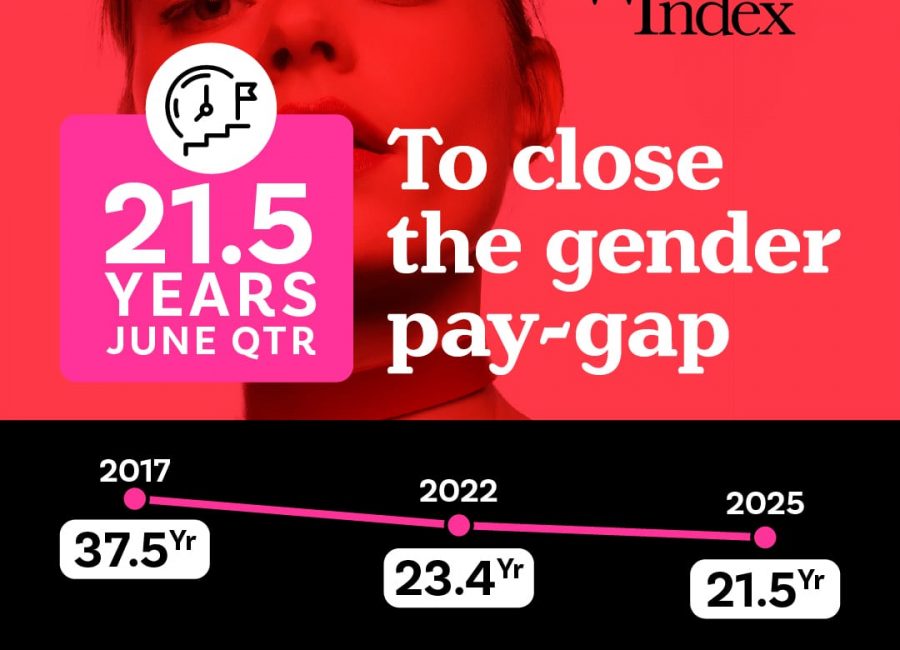“One of the great unspoken truths about executive leadership is that financial fluency is a prerequisite for power,” says NGS Super CEO Natalie Previtera.
It’s encouraging to see progress. This quarter’s FWX shows nearly 38.4% of ASX 200 board seats are now held by women – a record high and a visible symbol of how far we’ve come.
But we’re still not where we need to be. Women make up 50.7% of the Australian population – yet remain underrepresented in the rooms where the biggest decisions are made. So how do we give more women the tools, confidence and influence to not only reach those rooms, but shape a better future beyond the boardroom?
One of the great unspoken truths about executive leadership is that financial fluency is a prerequisite for power. It’s not a unique responsibility reserved for CFOs – it’s often the core language of high-stakes decision-making.
And the reality is this: those who can’t confidently speak the language of money are too often locked out of the rooms where the most consequential decisions are made.
I recently had the privilege of attending a year 11 subject selection night with my daughter and the economics teachers made this point all too clearly – financial fluency can’t be the domain of those who represent 50% of the population alone, the stakes are too high both in our personal lives but also more broadly.
And this isn’t just a boardroom issue. Gaps in financial literacy and capability affect every area of life and we continue to see persistent disparities in pay and wealth including a 17.7-year wait for superannuation equality. Even the well-documented gender investment gap – with studies showing women invest 40% less than men, despite consistently outperforming them.[1] These outcomes reflect the cumulative impact of uneven access to financial education, encouragement and systems that support capability over time.
Financial Fluency matters at all levels. Managing a household budget. Making choices about super. Knowing how debt works. Understanding risk, savings, investment and long-term planning. These are all forms of financial fluency – and they underpin the decisions women make every day, whether in families, communities, businesses or boardrooms. Financial fluency is both a life skill and a leadership skill. And it should be recognised, taught and valued as such.
That’s why improving financial fluency is essential – not just for women who aspire to lead, but for all women who want greater independence, security and choice. It should start early. Not when someone is appointed to a leadership role but right at the start – with every little girl’s first bit of pocket money.
We need better integration of financial education across life stages: at home, in schools, early careers and as part of leadership development.
We need to make financial knowledge less exclusive, less gendered – and more embedded in how we prepare young girls to live and to lead as women.
Because the future we want isn’t just one where women are present at the decision-making table. It’s one where they know how to use the numbers and speak the language to shape strategy, influence decision-making and cement leadership positions.
Representation matters. And financial fluency is a critical key to unlocking representation at all levels. It’s a capability that gives women the tools to lead with confidence – and to make decisions that create real and lasting impact.
The views and opinions expressed in this article are those of Natalie Previtera, CEO of NGS Super and do not necessarily reflect the official policies or position of NGS Super. This is general information only and should not be considered as financial advice.












